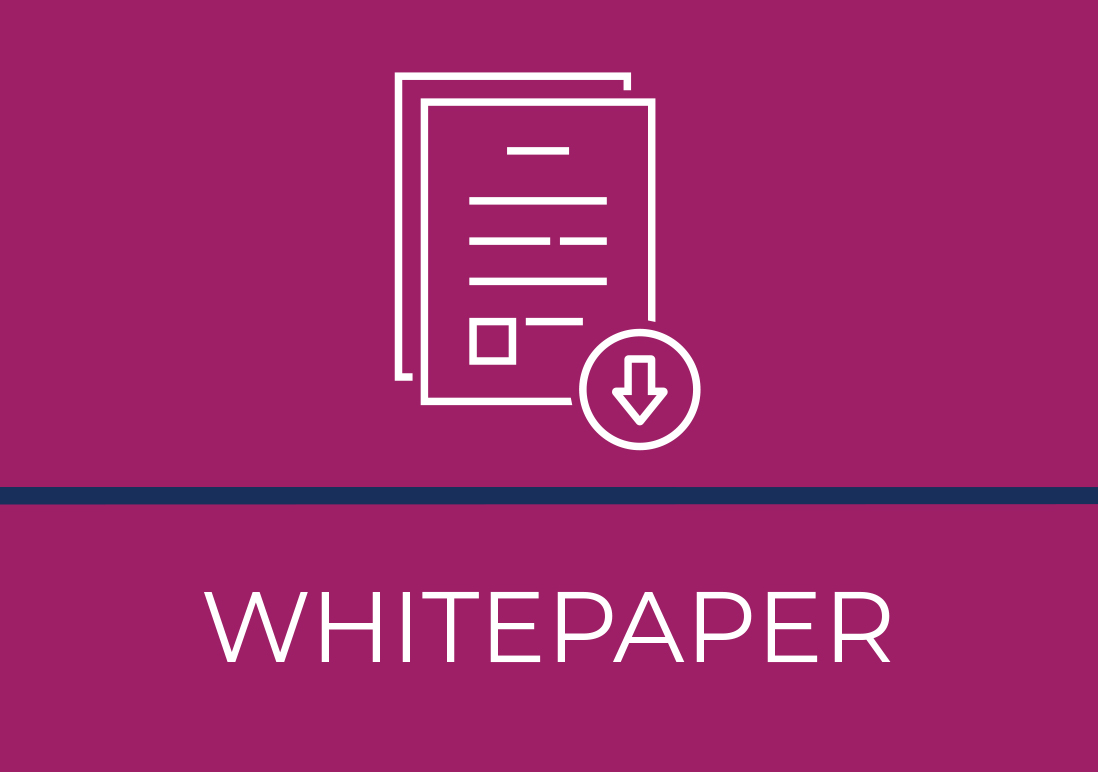Few policies have changed the face of college and career preparation in Texas more than House Bill 5, a major revision of high school curriculum and graduation requirements passed by the state legislature in 2013. One provision of HB5 required school districts to offer a college preparatory math course for students not meeting college readiness standards in math by the end of their junior year so that students could master key content before completing high school and avoid developmental education in college.
Thirty districts in Central Texas responded by adopting the Transitions to College Mathematics Course (TCMC), a model college prep math course designed by the Charles A. Dana Center at The University of Texas at Austin. The research-based TCMC model differs from traditional remedial math courses in that it is designed to prepare students for multiple math pathway options in college as opposed to focusing on algebra only, and it incorporates a rich range of pedagogical strategies to help students master content while also growing in their confidence and commitment as learners.
This series of papers looks at the outcomes of students who participated in TCMC, including whether they were more likely than similar peers to complete a college-prep math course, graduate from high school, enroll in postsecondary education, and pass credit-bearing math coursework.


